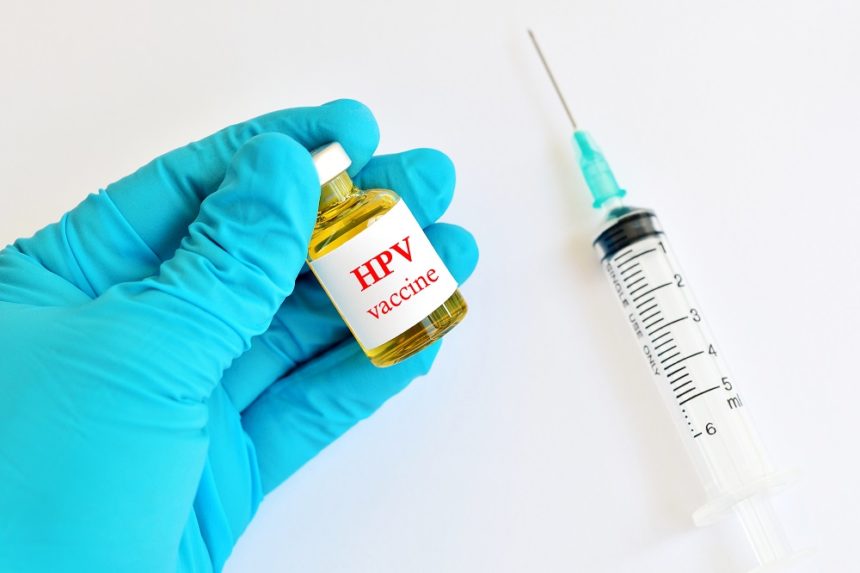Introduction
Human Papillomavirus (HPV) is a common virus that can have serious health consequences, including cervical cancer. However, there’s a powerful tool in our fight against HPV and its associated risks – the HPV vaccine. In this article, we’ll delve into what HPV is, the connection between HPV and cervical cancer, the importance of the HPV vaccine, who should get vaccinated, its benefits, safety concerns, and where to get vaccinated.
What is HPV?
HPV, or Human Papillomavirus, is a group of related viruses that can be transmitted through skin-to-skin contact. It’s incredibly common, with nearly all sexually active individuals encountering HPV at some point in their lives. Most of the time, the body clears the virus on its own, but in some cases, it can lead to health problems, including cervical cancer.
The Link Between HPV and Cervical Cancer
High-risk types of HPV are the main cause of cervical cancer. They can cause changes in the cervical cells, which, if left untreated, can develop into cancer over time. Early detection through regular screenings is crucial to preventing the progression to cancer.
The HPV Vaccine:
The HPV vaccine is a powerful tool for preventing HPV-related diseases, including cervical cancer. It works by stimulating the immune system to create antibodies that protect against the most common high-risk HPV types. The vaccine is a crucial part of public health efforts to reduce the burden of cervical cancer
Who Should Get Vaccinated?
The HPV vaccine is recommended for both boys and girls. Typically, it is given to individuals between the ages of 9 and 26. Ideally, it is administered before any exposure to the virus, which is why it’s often recommended for preteens and teenagers.
Benefits of HPV Vaccination
The benefits of the HPV vaccine are profound. It reduces the risk of developing cervical cancer and also protects against other HPV-related cancers, like anal and oropharyngeal cancers. Moreover, it can prevent genital warts, a common HPV-related condition.
Potential Side Effects and Safety
The HPV vaccine, like any medical intervention, may have side effects. Common side effects include pain at the injection site and mild fever. Severe side effects are extremely rare, and the vaccine’s safety is continuously monitored by health authorities.
Where to Get the Vaccine
The HPV vaccine is widely available and can be obtained at your healthcare provider’s office, local clinics, or through school-based vaccination programs. It’s essential to consult with a healthcare professional to discuss the vaccination schedule and any questions or concerns you may have.
Conclusion
In conclusion, the HPV vaccine is a vital tool in the prevention of cervical cancer and other HPV-related diseases. It’s safe, effective, and widely accessible. If you or your loved ones fall within the recommended age range for vaccination, don’t hesitate to take advantage of this remarkable preventive measure. Consult with your healthcare provider to ensure you’re protected against HPV and its associated health risks.

